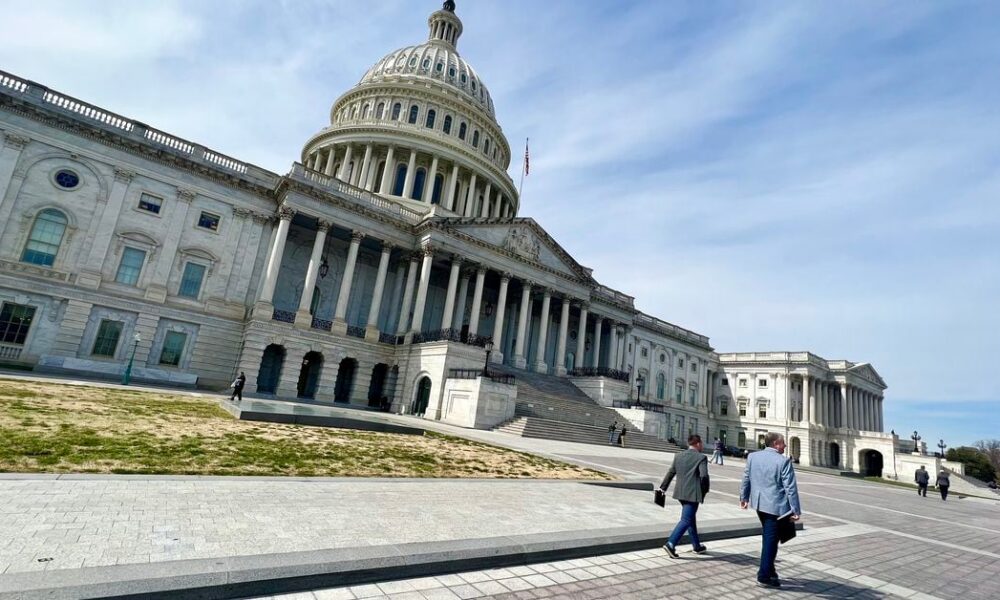Regulation
Crypto industry rallies behind US bill as it heads towards final vote

The U.S. House of Representatives is set to hold a vote that will be the closest the cryptocurrency industry has ever been to finally getting regulation in the U.S., and industry associations and the main companies are encourage parliamentary leaders to support the effort.
Through the Crypto Council for Innovation, a coalition of organizations and digital asset companies, including Coinbase, Kraken, Andreessen Horowitz, the Digital Currency Group and approximately 50 others, wrote a letter to the Speaker of the House Mike Johnson (R-La.) and Minority Leader Hakeem Jeffries (D-N.Y.), arguing for the bill’s passage. The Financial Innovation and Technology for the 21st Century (FIT21) Act has been cleared for debate next week, where observers hope to see a midweek vote.
The bill would make the Commodity Futures Trading Commission (CFTC) the primary regulator of digital assets, and it would establish clear divisions between what the CFTC will manage and what would fall under the Securities and Exchange Commission (SEC). It would establish consumer protections – including rules regarding the safekeeping of customer assets and their treatment in bankruptcy – and put in place additional safeguards against risky behavior.
“By passing this legislation, we can accelerate the growth of blockchain technology and digital assets, thereby promoting financial inclusion and protecting national security,” according to the letter. “It is crucial that the United States maintains its leadership in financial innovation.”
The crypto industry is currently at its peak in Washington, having watched both the House and Senate. easily adopt a resolution overturning an SEC crypto accounting policy, although President Joe Biden has vowed to veto the effort. The move to expunge the SEC’s Staff Accounting Bulletin 121 (SAB 121) represented a fight that went decidedly in favor of the industry, attracting many Democratic Party supporters who were more reluctant than Republicans to support cryptography.
For this accounting battle, more than one in five Democrats in the Senate voted for the industry, including Majority Leader Chuck Schumer (D-N.Y.), and it was about one in ten Democrats in the House.
But the overall legislation now poised to be voted on by the House is much larger in scope, and top Senate Democrats so far appear unprepared to match the House’s efforts. To date, the Senate has only shown a potential willingness to integrate a different crypto bill – one that regulates stablecoin issuers – into an overall deal with other financial legislation.
Rep. Patrick McHenry (R-N.C.), chairman of the House Financial Services Committee where the bill was initiated, said that level of Democratic support for FIT21 in the House could be a major factor in the Senate’s decision to take action. When the measure was approved by his committee, he did so with a handful of Democrats on board, despite opposition from their senior member, Rep. Maxine Waters (D-Calif.).
On its way to the ground, the FIT21 effort attracted a series of amendments requested by the House Rules Committee to meet the May 16 deadline.
